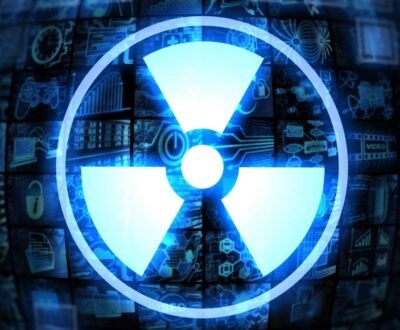A recent study by Alexander A. Schegerer, department of medical and occupational radiation protection, Federal Office for Radiation Protection, Neuherberg and colleagues was published in Investigative Radiology. They studied the CBCT and MSCT protocols for imaging hard-contrast objects and soft tissue at varying dose levels.

According to this study it was concluded that CBCT (cone-beam computed tomography) is the best option for visualizing hard contrast object whereas multislice spiral computed tomography (MSCT) is a good option for soft tissue visualization, though there was no significant difference existed between the dose and the image quality.
The effective radiation dose for CBCT ranged from 0.35 mSv to 18.1 mSv. It was also found that in case of CBCT, spectrum of images taken at tube voltages of 85/90 kV(p) were half to that of the spectrum images measured at 103/11 kV(p) in case of MSCT at any chosen frequency.
About this study Schegerer said,” Cone-beam computed tomography has been established in many different clinical fields, for example, neurology, otolaryngology, cardiology, abdominal angiography, musculoskeletal imaging, and, urology. But to this date, there are only few reports in the literature on radiation doses and image quality for CBCT.” In addition to this he quoted,” The effective dose necessary to realize the same contrast-to-noise ratio with CBCT and MSCT depended on the MSCT convolution kernel: the MSCT dose was smaller than the corresponding CBCT dose for a soft kernel but higher than that for a hard kernel.”
In the end he said that CBCT is the best suited imaging method for high contrast objects visualization with lower patient dose and image noise whereas MSCT should be preferred for low contrast objects. It was also noted that the CBCT protocols must be optimized according to the type of examination. Also the radiations must be collimated to the body region to be examined in order to reduce patient exposure.
About us and this blog
We are a teleradiology service provider with a focus on helping our customers to repor their radiology studies. This blog brings you information about latest happenings in the medical radiology technology and practices.
Request a free quote
We offer professional teleradiology services that help hospitals and imaging centers to report their radiology cases on time with atmost quality.
Subscribe to our newsletter!
More from our blog
See all postsRecent Posts
- Understanding the Challenges of Teleradiology in India January 19, 2023
- Benefits of Teleradiology for Medical Practices January 16, 2023
- Digital Transformation of Radiology January 2, 2023









